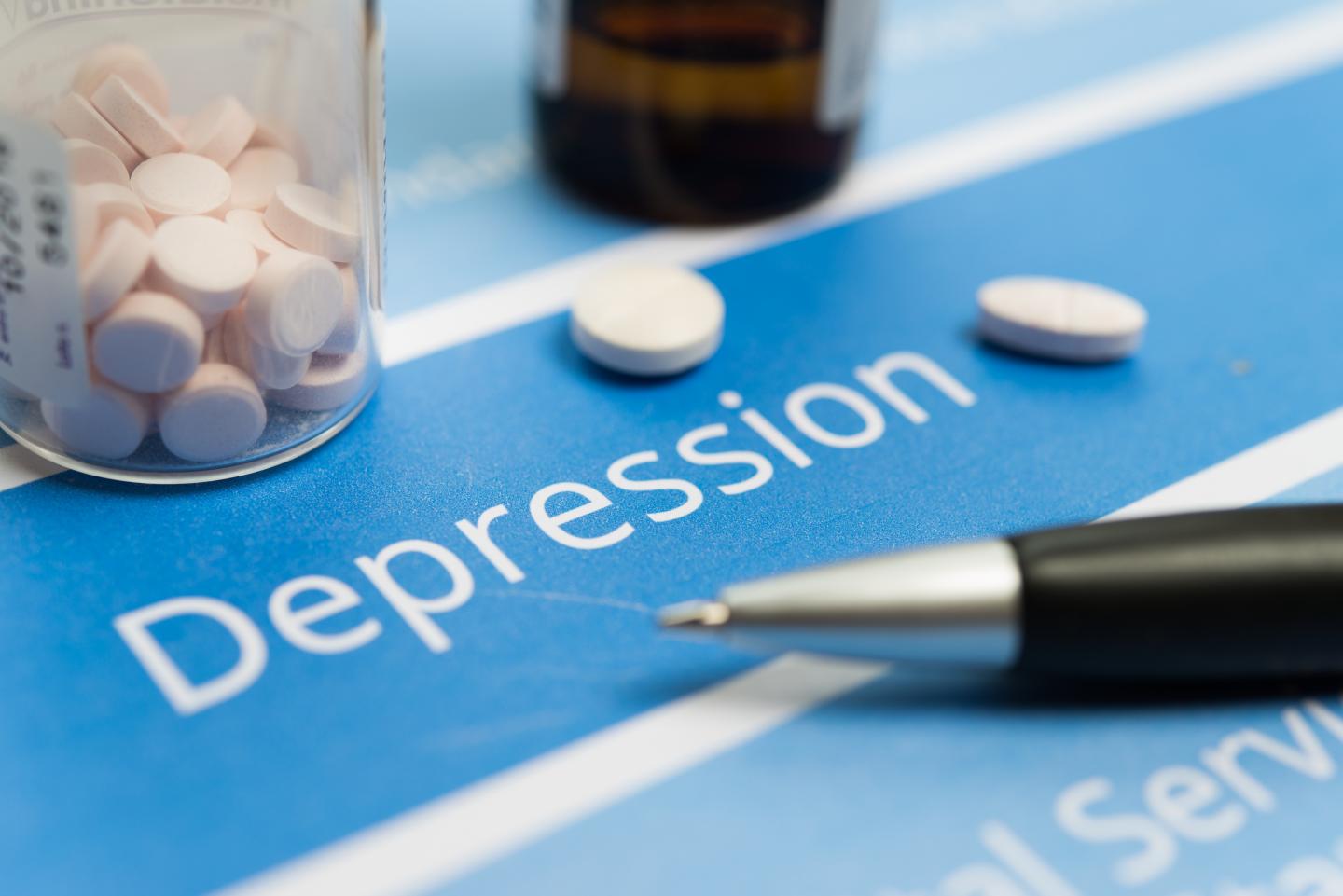
What Is the Best Treatment for Depression?
Feeling like you’re stuck in a fog that just won’t lift? Depression is a tough nut to crack, but it’s not unbeatable. Millions of people grapple with it every day, and while it can feel isolating, help is closer than you think. At Cordial Psychiatry in NY, we’re here to shed light on the question many are asking: What is the best treatment for depression? Spoiler alert—there’s no one-size-fits-all solution, but the good news? There’s a treatment out there that’s just right for you.
In this article, we’ll dive into the various ways depression can be tackled, breaking down the science, the options, and everything in between. Let’s jump in!
What Is Depression, Really?
Before we explore treatments, let’s get a grip on what depression actually is. It’s more than just feeling down. Depression is a mood disorder that can affect how you think, feel, and even handle daily tasks.
Signs You Might Be Dealing with Depression
- Persistent sadness or emptiness
- Loss of interest in activities you once loved
- Fatigue or low energy
- Changes in appetite or sleep patterns
- Difficulty concentrating
If any of these hit close to home, don’t panic. Depression isn’t a character flaw—it’s a medical condition, and like any other illness, it can be treated.
What Is the Best Treatment for Depression?
Finding the best treatment for depression depends on your unique needs. At Cordial Psychiatry in NY, we specialize in tailoring treatment plans that work for you. Here’s a breakdown of the most effective options:
Therapy: The Power of Talking It Out
When words fail, therapy steps in. Psychotherapy, often called talk therapy, is a cornerstone of depression treatment.
Types of Therapy
- Cognitive Behavioral Therapy (CBT): Helps you identify and change negative thought patterns.
- Interpersonal Therapy (IPT): Focuses on improving relationships and communication.
- Dialectical Behavior Therapy (DBT): Combines mindfulness and behavioral techniques to manage emotions.
The beauty of therapy? It’s highly personalized. Whether you’re dealing with mild depression or something more severe, there’s a therapeutic approach that can make a difference.
Medication: A Little Chemistry Goes a Long Way
Sometimes, the brain’s chemicals need a boost. Antidepressants can help regulate neurotransmitters like serotonin and dopamine, which play a big role in mood regulation.
Common Types of Antidepressants
- Selective Serotonin Reuptake Inhibitors (SSRIs):
- Examples: Prozac, Zoloft
- Often the first line of defense.
- Serotonin-Norepinephrine Reuptake Inhibitors (SNRIs):
- Examples: Effexor, Cymbalta
- Effective for both depression and anxiety.
- Tricyclic Antidepressants (TCAs):
- Older but still effective for certain cases.
Medication isn’t a magic wand, but for many, it’s a game-changer. At Cordial Psychiatry, we’ll guide you through the options to find what suits you best.
Lifestyle Changes: Small Tweaks, Big Impact
Don’t underestimate the power of daily habits. Combining therapy or medication with lifestyle changes can amplify results.
Quick Tips for a Happier You
- Stay Active: Regular exercise releases endorphins, your brain’s feel-good chemicals.
- Eat Well: A balanced diet can improve energy and mood.
- Prioritize Sleep: Poor sleep and depression go hand in hand.
- Stay Connected: Lean on friends and family for support.
Alternative and Holistic Treatments
Not a fan of traditional routes? No problem. There are alternative options worth exploring.
Popular Holistic Approaches
- Meditation and Mindfulness: Reduces stress and improves emotional regulation.
- Yoga: Combines physical movement with mental calmness.
- Light Therapy: Great for seasonal depression (hello, NY winters!).
These approaches can be especially helpful as complementary treatments.
Cutting-Edge Treatments: TMS and Beyond
At Cordial Psychiatry in NY, we’re proud to offer advanced treatments like Transcranial Magnetic Stimulation (TMS).
What’s TMS?
It’s a non-invasive therapy that uses magnetic fields to stimulate nerve cells in the brain. For those who haven’t responded well to other treatments, TMS can be a game-changer.
FAQs: Answering Your Burning Questions
How long does it take to see results?
It varies. Therapy might show benefits in weeks, while medications can take a month or two to kick in.
Can depression go away on its own?
Sometimes mild cases improve over time, but severe depression typically requires intervention.
Are there any risks with antidepressants?
Like any medication, antidepressants can have side effects, but they’re generally manageable. Your provider will help balance benefits with risks.
Can I combine treatments?
Absolutely! In fact, many people find a combination of therapy and medication works best.
Why Choose Cordial Psychiatry in NY?
When it comes to mental health care, you deserve a partner who listens, understands, and works with you every step of the way. At Cordial Psychiatry, based in NY, we take a compassionate, science-backed approach to helping you feel like yourself again.
Conclusion: Your Journey Starts Here
So, what is the best treatment for depression? The answer is deeply personal. From therapy to medication, lifestyle changes to cutting-edge treatments like TMS, there’s no shortage of options. The key is finding what works for you—and you don’t have to do it alone.
Ready to take the first step? Reach out to Cordial Psychiatry in NY today. Because your mental health is worth it, and you deserve to feel whole again.
Take charge of your mental well-being—your brighter days are just around the corner!

